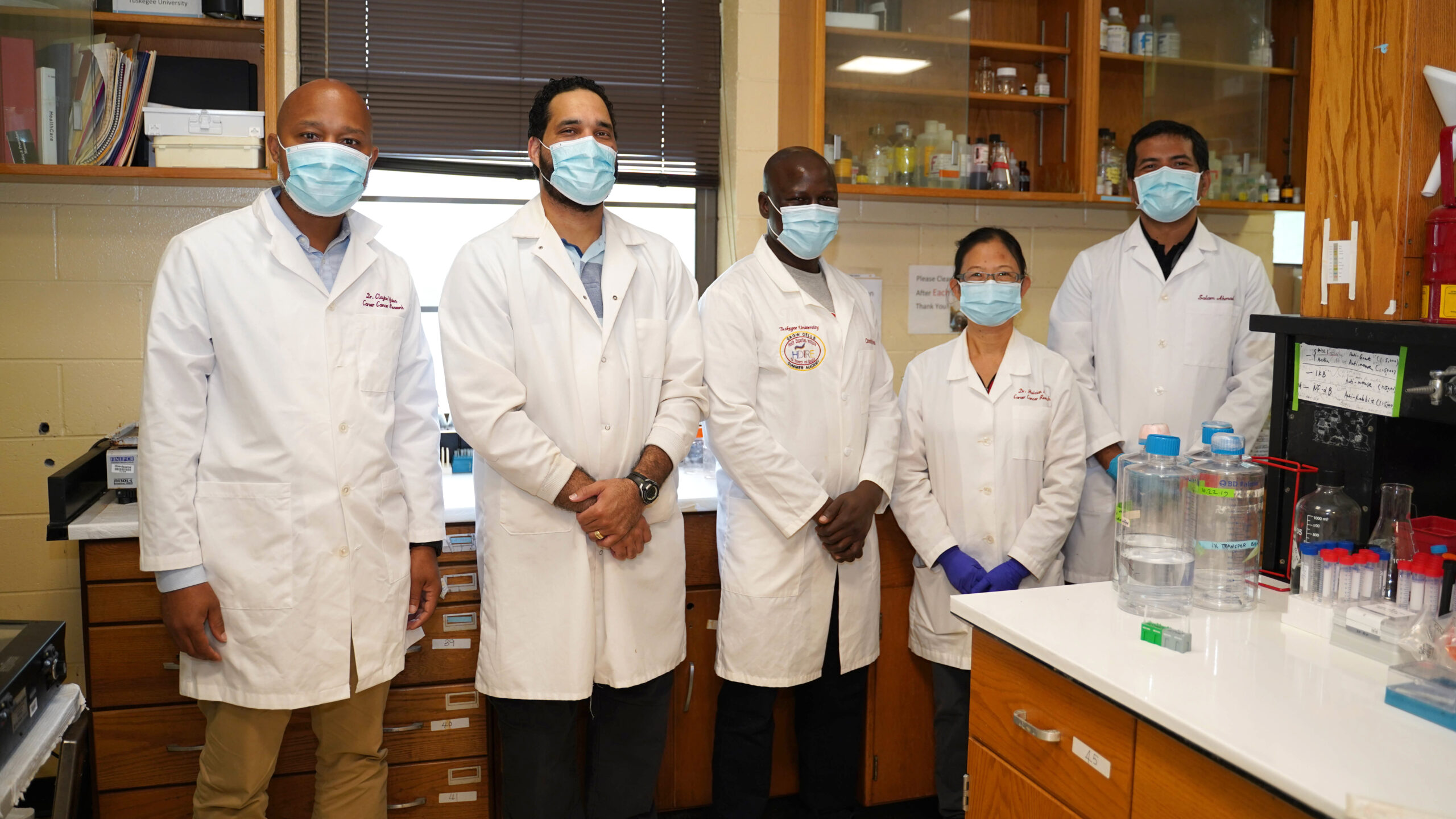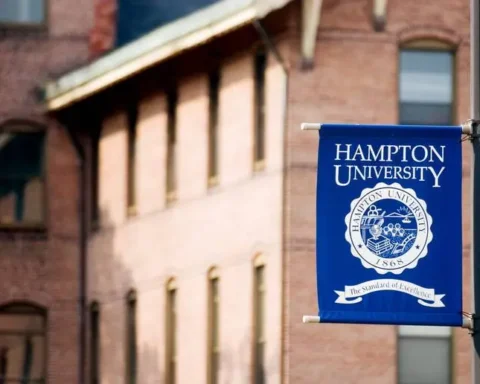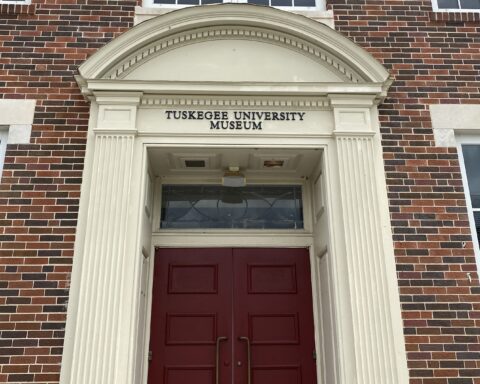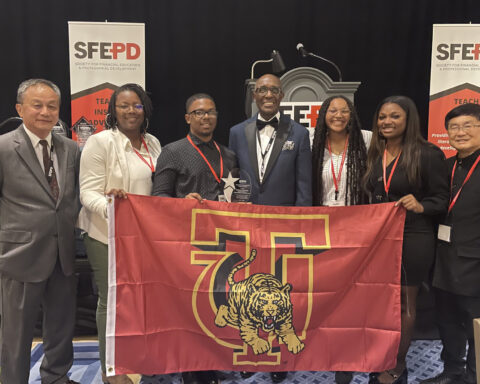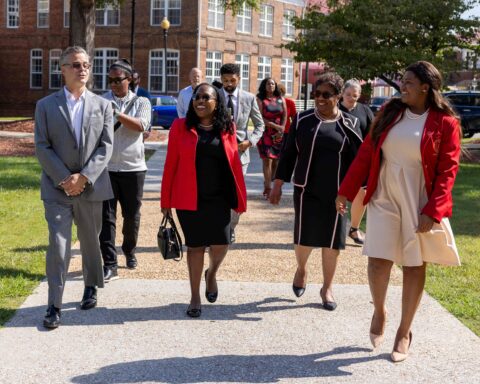By Tuskegee Univesity
Tuskegee University has joined a growing list of Historically Black Colleges and Universities (HBCUs) benefiting from a $25 million COVID-19 testing initiative from the world leader in serving science, Thermo Fisher Scientific. The company recently committed to supporting the efforts of HBCUs to make COVID-19 testing available at no cost to all returning students, faculty, and staff throughout the 2020-21 school year.
Through “The Just Project,” the initiative named after pioneering biologist Ernest Everett Just, Thermo Fisher will donate $25 million in diagnostic instruments, test kits, and related supplies as well as provide technical assistance to HBCUs seeking to establish or expand laboratories to provide regular on-campus COVID-19 testing.
“Historically Black Colleges and Universities play an important role educating our nation’s future leaders – including the doctors, experts and engineers who will help us prevent the next public health crisis,” said Fred Lowery, senior vice president and president, life sciences solutions and laboratory products at Thermo Fisher Scientific. “We started The Just Project to ensure COVID-19 testing is available for all HBCU students, faculty and staff. With the addition of Tuskegee, we have now outfitted six campuses to serve as testing hubs processing thousands of samples from HBCUs across the country.”
“We are very appreciative of Thermo Fisher’s support with The Just Project. Testing and contact tracing of our community is essential to limiting the spread of COVID-19. We are ready to take this next, necessary step through this ambitious project with Thermo Fisher,” said President Lily D. McNair.
Since the beginning of the pandemic in March, the university has been preparing the campus for the safe return of faculty, staff, and students. In April, upon approval of the Alabama Department of Public Health’s Chief Medical Officer Tuskegee University volunteered to increase the availability of test kits by supplying the materials and expertise to develop viral transport media to Centers for Disease Control specifications. Since then laboratories at Tuskegee have been committed to donating their time and equipment solely to supply provide over 3,000 test kits at no cost and those efforts continue today.
“As change agents and community partners engaged with our city and county stakeholders, we recognized that a strategy to increase access to testing for all stakeholders will be a critical aspect of the roadmap back to campus,” explained Crystal James, Special Assistant to President McNair for COVID-19 Recovery and department head and director of the Graduate Program in Public Health in the College of Veterinary Medicine.
“We are elated that we will be able to complete the diagnostic loop on our campus. With the donation from Thermo Fisher, we have the capability to create test kits, collect human samples, and process samples for PCR confirmation of positive SARS-CoV-2, the virus that causes COVID-19, on our campus,” explained James.
James also noted that having the opportunity to shorten the time from collection of suspected case samples to confirmation of positive or negative status will have a tremendous impact on the mitigation of spread on campus as well as decrease the mental health burden on students, staff, and faculty who are placed in quarantine until a test result is confirmed.
“This is a game-changer for testing in Tuskegee and surrounding HBCU communities. With the help of Thermo Fisher, we are able to make an immediate impact at other campuses in rural areas that can’t access testing facilities easily,” said Clayton Yates, professor and director of the Center for Biomedical Research at Tuskegee University.

